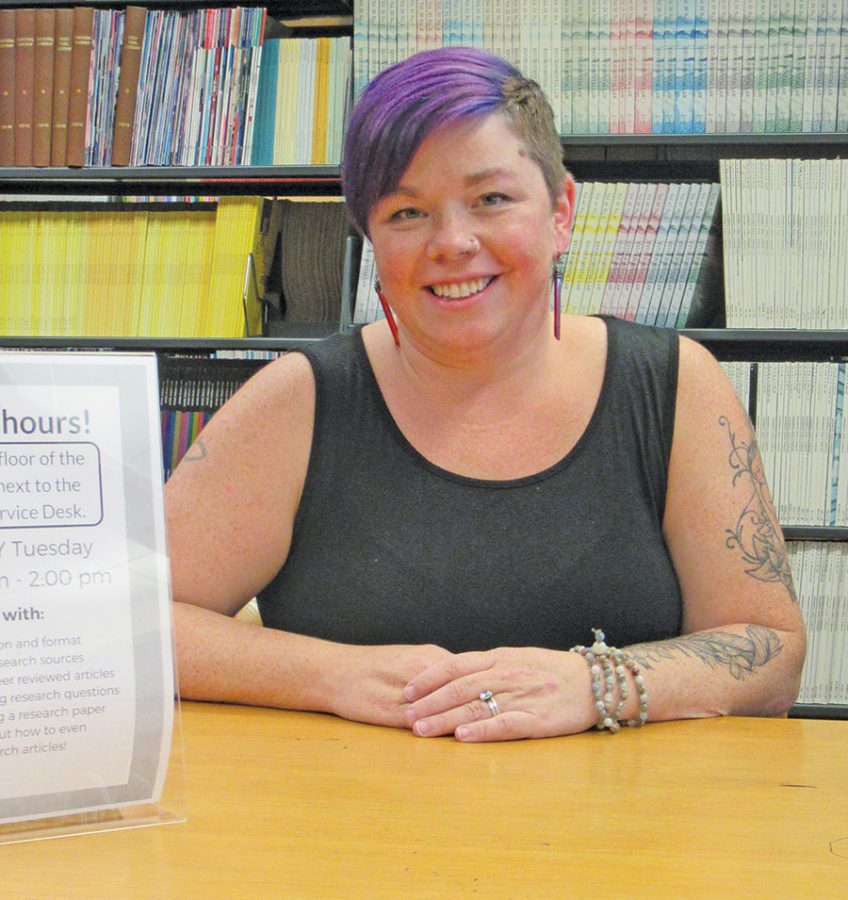Let’s talk about mental health
Seanna Rowell
“I know that Selena Gomez has lupus and recently had a kidney transplant. I know that Dave Letterman suffers from heart disease. I know that Lance Armstrong is a testicular cancer survivor. But I didn’t know that Kate Spade suffered from depression. Or that Robin Williams did. Because somehow society has made it more acceptable to talk about breasts and testicles than about the mind…”
These were the words of one broken-hearted fan, Claudia Herrera, in her viral June 5 Facebook post after designer Kate Spade died by suicide. Just days later, beloved chef and show host, Anthony Bourdain, was lost to suicide as well.
The National Institute of Mental Health (NIMH) states that 4% of the population lives with suicidal ideation. That is to say, over 13 million Americans have acknowledged they have a preoccupation with their own death by suicide. Annually about 45 thousand people die by suicide. Vermont is among the states with the second highest rate in the country.
According to the National Association of Mental Illness (NAMI), one in two Americans will experience a period of some kind of diagnosable mental illness throughout the course of their lives. Currently, 20% of all Americans are living with a mental health disorder. These numbers are echoed worldwide.
There have been over 100 peer-reviewed articles published showing that mental illness stigma acts as a barrier to individuals seeking therapeutic treatment, treatment that could potentially lead to recovery. It is long past the time to stand up to the stigma that society holds against people with mental illnesses. We need to make the mind a safe topic of frank and open discussion.
To an individual, changing the landscape of stigma can feel like an impossible task, particularly to one battling a mental illness. However, there is something we can do. We who are able can announce ourselves. When we are ready, we can talk about our mental health struggles by label, by name, by experience, in whatever way we are comfortable.
Talking about mental illnesses and the struggles we have with our mental health is uncomfortable. It can feel like a violation of the social norms we are all supposed to stay neatly within. That feeling is what it is to belong to a stigmatized segment of society. But, whether the world is ready to talk about it or not, too many of us die because of a population-at-large who squeamishly refuses to discuss our health.
Of course, talking about mental health is a decision not to be made lightly. While there is evidence to support a reduced stress level, lowered anxiety, and improved mood when confiding in others, there can be drawbacks as well: namely facing stigma and discrimination. NAMI advises individuals with a mental illness diagnosis to disclose when they are feeling well, when they are ready, and when it serves a purpose.
If you do decide to talk about your mental health, remember that you are under no obligation to give all of the details. You are communicating important and helpful information, not turning yourself into the latest exhibit. Do make sure you explain what you mean if you say “mental illness” and try to use concrete examples if you can. NAMI encourages sharing the good along with any bad if you choose to disclose, setting clear boundaries, and letting friends and family know best how to support you.
I have been sharing my mental health journey on various platforms for six years now. Several years ago I was diagnosed with bipolar 2 disorder. I spent the last few years taking pharmaceutical medications to stabilize my moods and last year decided, for reasons I mostly don’t go into, to begin weaning off of them. These days I struggle with anxiety but have found talking about it helps more than anything else.
In all of my years of being open about my diagnosis and about my journey, I have had only a handful of negative experiences and almost all of those were because of misinformation and misunderstanding.
We are not alone. You are not alone. Together, we can flood our world with our stories and our truths and, in doing so, replace the rumors of madness with its reality.
If you are thinking about harming yourself or attempting suicide, tell someone who can help you right away. If you or someone you know is in crisis and needs immediate help, don’t wait to call. You can call your doctor’s office or 911, or you can go directly to an Emergency Room. The toll-free number for the 24-hour National Suicide Prevention LifeLine is: 1-800-273-TALK (1-800-273-8255)




